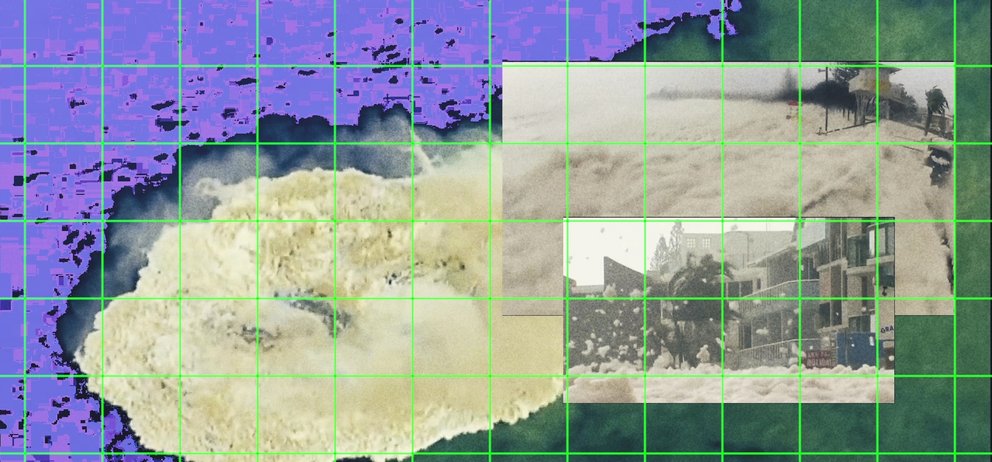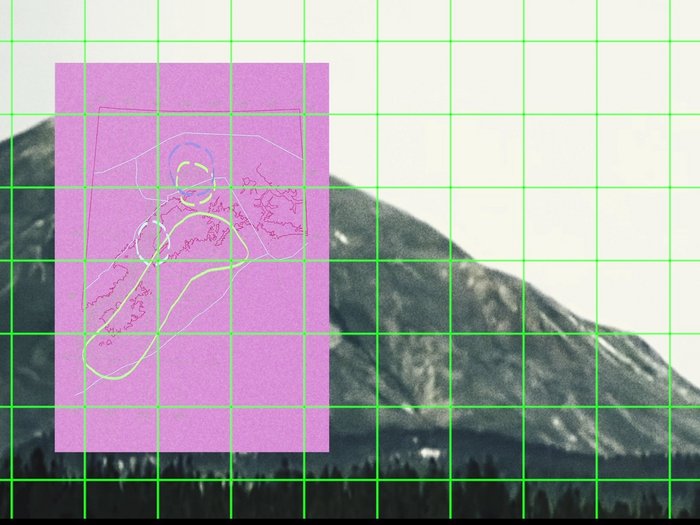I’ve used the same hideout since I moved to Mlila. It’s a house with a small garden right in the center, not far from the Paso Fronterizo del Barrio Chino. I planted an argan tree in the first week after I moved in. I was thinking about you and singing the song. It was so early in the morning; the sun was just a promise. That was six years ago. Now there are so many fruits in the branches.
“Oh, Elsi, where are you?’
***
“Khalil?”... We can almost hear her voice calling.
But it’s a projection, for her call isn’t sonic. It emits a different vibration, one we cannot tune in to since we already de-linked almost entirely from our previous life on Earth. Elsi is the only bridge, but every time she calls for Khalil, we learn more about her plan. From her sleep, she’s letting us know she can’t stay much longer.
It’s hard to understand because there’s nothing to understand. It’s just part of the dance. The planet already senses it, in preparation. There’s a tunnel being formed, and we feel it growing without being able to know where it goes. The sudden fear of separation infiltrates the dance. We know it’s about to happen, but we forgot when now is. The desire to capture that moment also infiltrates the dance. There is tension growing in the soil. The dance hardens. It’s the first time the planet witnesses violence.
It aches.
Elsi screams. Her body now turns into thin sand. She’s also leaving part of herself behind, as the planet demands. The cave she was sleeping in dematerializes slowly, spreading itself all over, while the bed of leaves sinks. It feels like the first seconds of an earthquake. The whole planet will inevitably vibrate along with the explosion. It’s the recreation of the thunder that brought us here.
Elsi is the thunder.
‘“t’s you, baby girl. The thunder is you.” We say it in a language we barely know. It still aches, but the dance will continue. The dance is our home now, and we are home to the dance.
***
The song isn’t letting me sleep today. It’s almost 4am, and soon the sun will rip the dark blue out of the sky. I am alone, as usual. The echoing of the song in my body makes me stare at the tree obsessively. Yet my eyes can’t grasp the moment you appear. You are suddenly there as if you have always been there. You fall from the branches, and you are naked, and I can’t even begin to articulate what I feel. I am paralyzed, and at the same time, I want to run and scream and jump in the water. Is that you?
“Elsi?’... ‘Do you hear me, Elsi?”
You open your eyes, asking me to read your lips. And then you say:
“I dreamt of birds migrating towards another planet.”
The End As Interlude, Episode 1: The Silent Earthquake
The End As Interlude, Episode 2: Energy Bending

